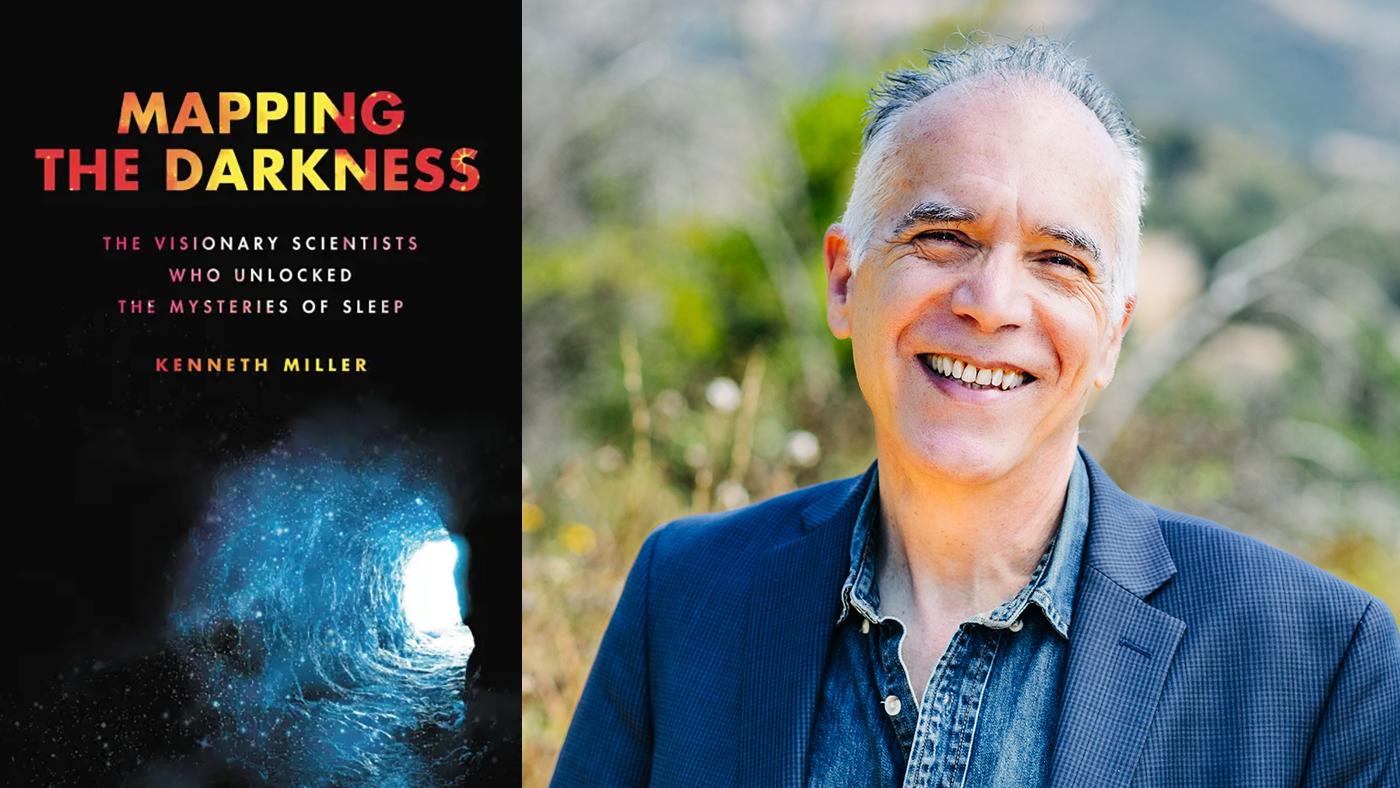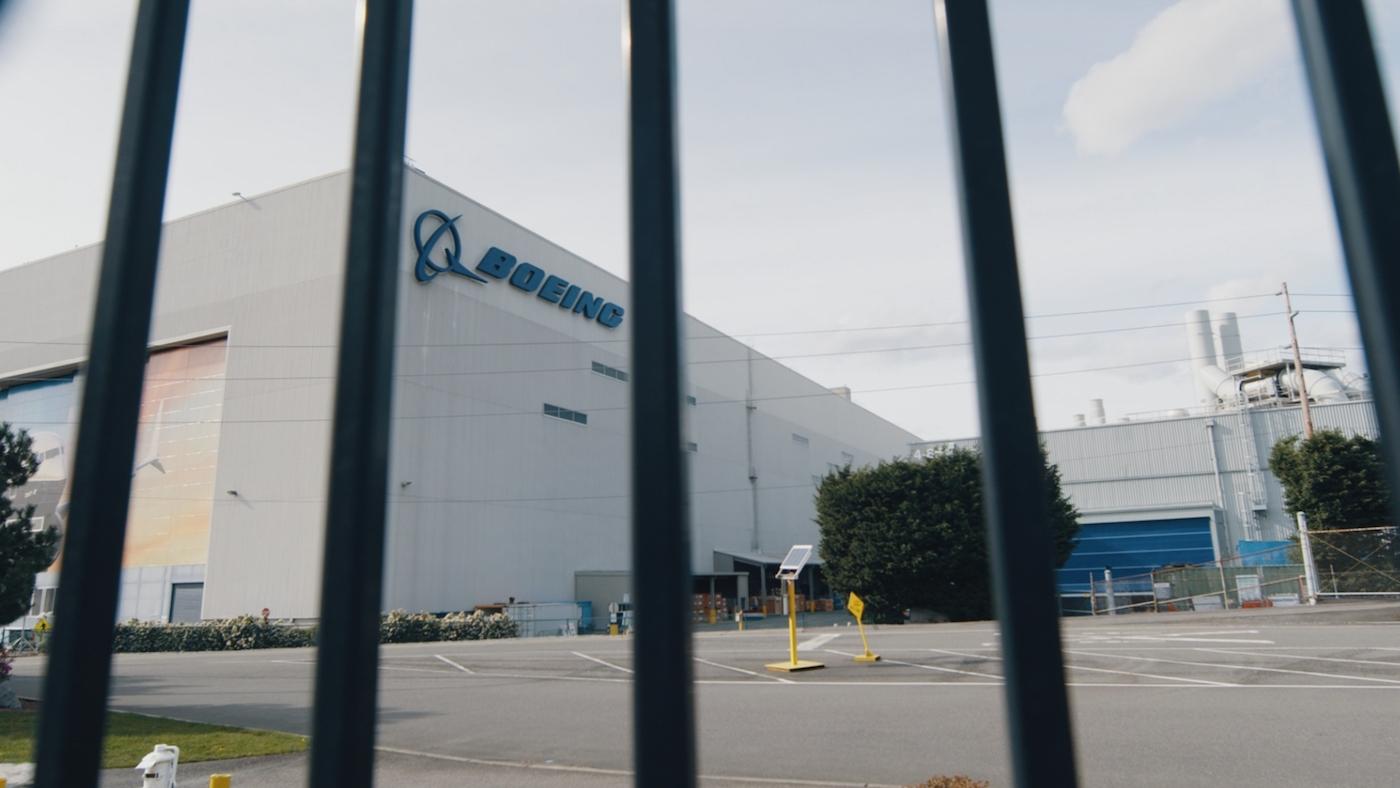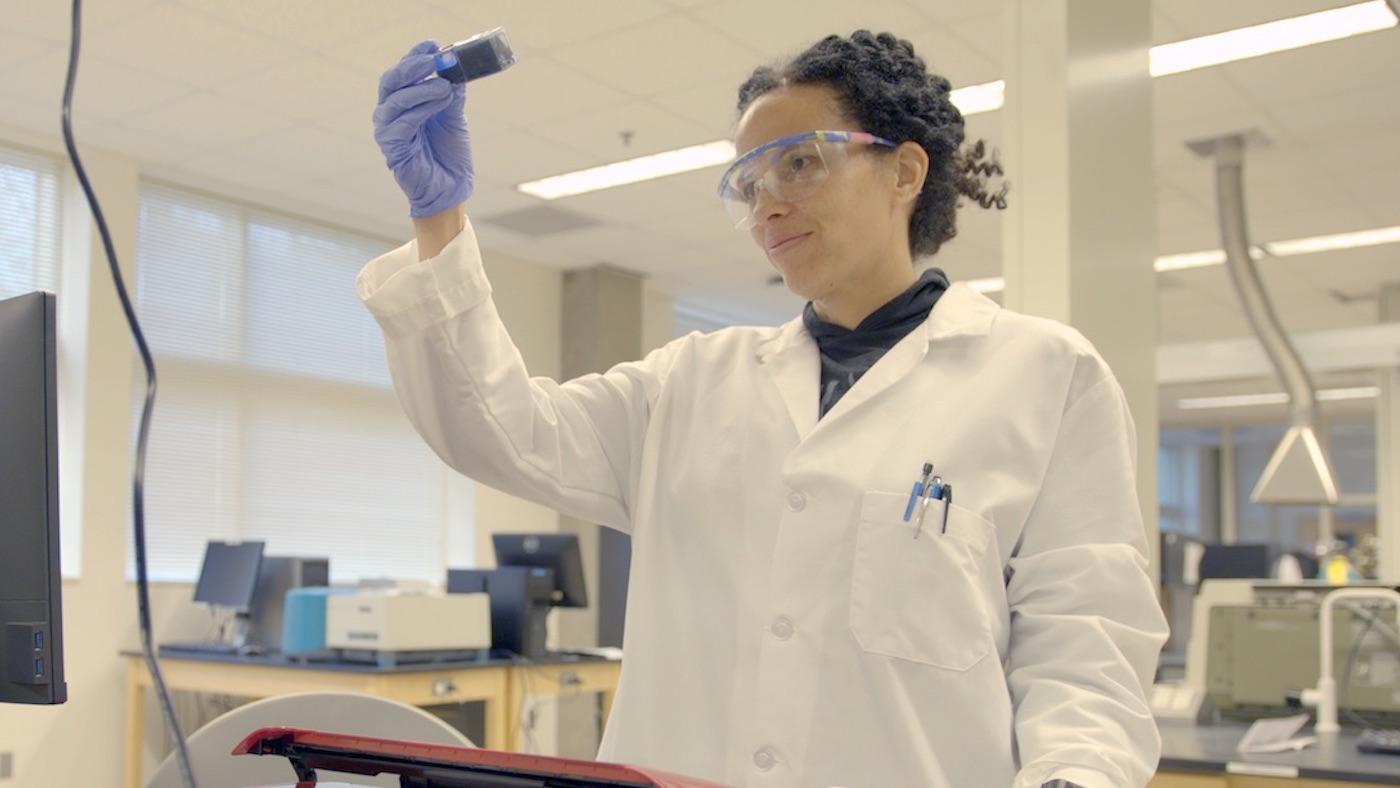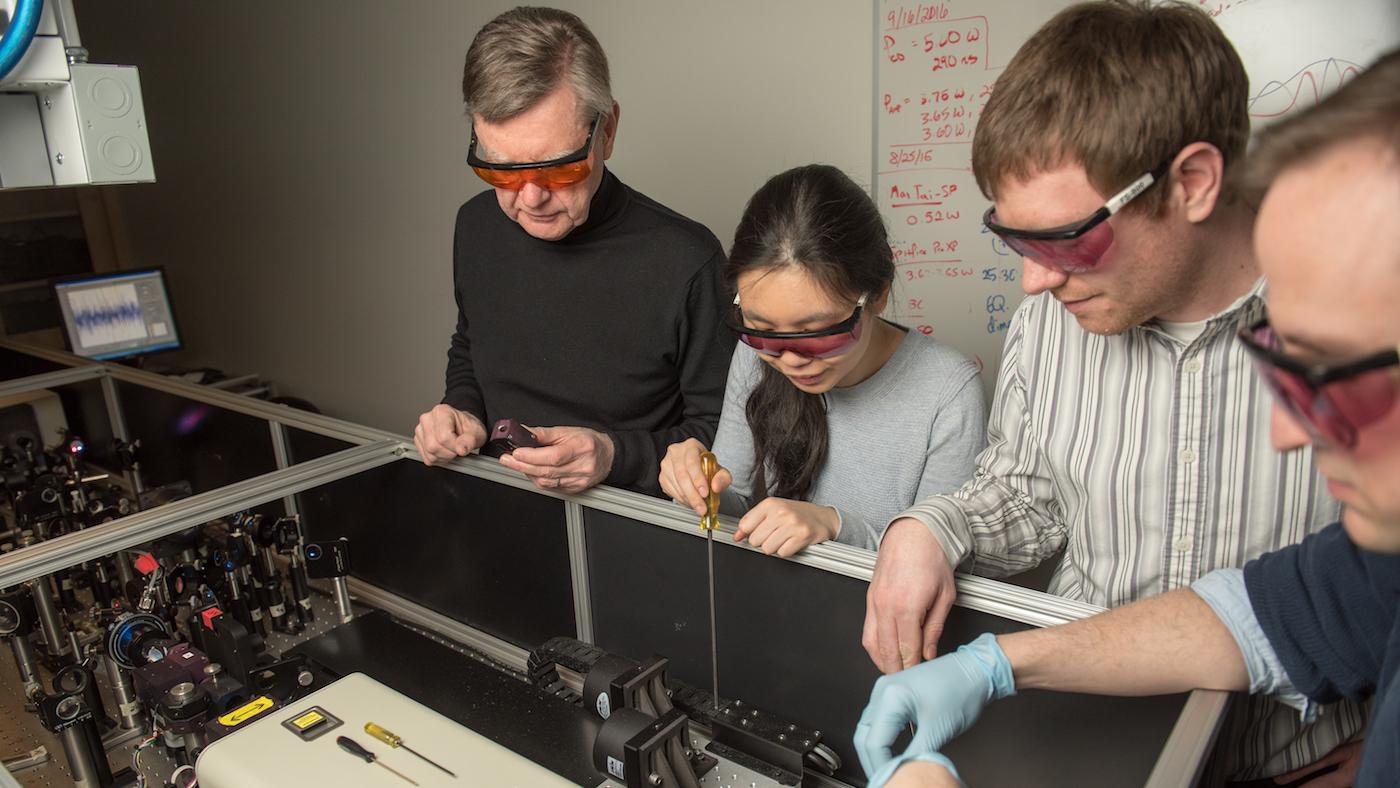The Funding Cliff Facing Illinois's Growing Solar Industry
Daniel Hautzinger
November 13, 2020

Independent Lens: Jonathan Scott’s Power Trip, about obstacles to accessing renewable energy, airs Monday, November 16 at 10:00 pm and will be available to stream.
In 2017, only about 12.9 megawatts of solar energy capacity was installed annually in Illinois. That number jumped to 106 megawatts in 2019, according to data from the Solar Energy Industry Association (SEIA). Illinois was one of only a few states to have significant growth in solar industry jobs in 2018, despite the Trump Administration’s tariffs on solar components, adding 1,308 new jobs in the industry. There are now 5,513 solar jobs, according to the SEIA.
ReThink Electric, a solar installation company based in the northwestern Chicago suburb of Wood Dale, was founded in 2016 by Illinois native Mike Nicolosi, who had worked in solar in Las Vegas. “When he started, it was himself out of his garage,” says Dawn Heid, ReThink’s CEO. “In 2017, we had four employees, and by 2019 we were up to 72.”
Much of the solar industry’s growth in Illinois in the past few years is because of the Future Energy Jobs Act, signed into law by Governor Bruce Rauner in 2016. Praised as one of the most important recent pieces of state energy legislation in the United States, it provided over $200 million a year for renewable resources through renewable energy credits (RECs), among other things. These would help the state reach its goal of 25 percent of energy from renewable sources by 2025.
But interest outstripped funding. Over 800 community solar projects were waitlisted by 2018, and the funding is due to run out after 2020. That impending loss of government financial support, coupled with the economic effects of the COVID-19 pandemic, has put Illinois’s solar industry in a dangerous place.
“We were set for this year to be an even bigger year for us,” says ReThink’s Heid. But then the pandemic hit, and “we went from six crews of residential installers down to one crew.” While they are now back up to three crews due to an upswing in the fall, next year looks uncertain.
“We are at the point where things are starting to get very nervous for us. Usually by this time of year, our pipeline is filled out until June or July on the commercial side,” Heid explains. But because RECs for commercial projects have run out, ReThink is only booked through February. With residential RECs also looking like they will soon be exhausted, “the calculations everyone’s been doing in the solar industry right now are, we think sales will continue until about April or May, which means on the installation side of things we’re looking at June or July as the last of our residential work.”
ReThink and the rest of the solar industry in Illinois are placing their hopes for continued growth in proposed new legislation supporting renewable energy in the state. One option is the Path to 100 Act, which was introduced by Chicago-area State Representative Will Davis (D – Hazel Crest) in 2019. The legislation would expand the state’s share of renewable energy to 40 percent of total energy sources by 2030 as well as provide sufficient funding to do so. It also includes diversity initiatives such as workforce development programs and diversity hiring and contracting mandates for companies procuring RECs.
“I serve low-income communities, and this is a way to help individuals with their energy costs, as well as a way to create jobs in underserved communities, from an individual worker or contractor perspective,” says Davis. The legislation would create an estimated 21,000 new jobs.
The bill aligns with principles to guide clean energy discussions laid out by Governor J.B. Pritzker in August, which also seek to make energy negotiations more transparent and equitable in the wake of revelations of a Commonwealth Edison bribery scheme linked to Illinois House Speaker Michael Madigan.
“We’re talking about green and renewable energy, and I think that’s something that a lot of people are talking about, absent whatever is going on with ComEd,” Davis says. “But I don’t think that that issue has anything to do with [the Path to 100 Act].”
While the legislature’s fall veto session has been cancelled due to the surge in COVID-19 cases, Davis is confident that the Path to 100 Act has support. “As far as I’m concerned, the bill is straightforward and can stand the test on its own.”
He also believes there is increasing interest in solar energy. “Riding around, you see a house that has solar panels in their backyard, maybe on their home,” he says. “There’s a solar farm right off 119th Street just west of Halsted.” Exelon claims that that solar farm, built on a former industrial site in West Pullman, is the largest urban solar power plant in the United States. “There is momentum and interest in moving it forward,” Davis says.
Heid agrees. “Demand is already here. Our customers are very excited about solar. They love to tell their neighbors about solar. Same thing on commercial: when the numbers pencil out, they are more than willing to put solar up, because it’s a good investment for them.”
But until legislation passes, companies like ReThink are living in uncertainty. “You’re going to have to lay off most of your workforce after we have trained them” without legislation, Heid predicts. “Are they going to go on to other jobs, or are they going to want to come back to us eventually when things change? Without immediate legislation, our company is going to look very, very different next year.”







